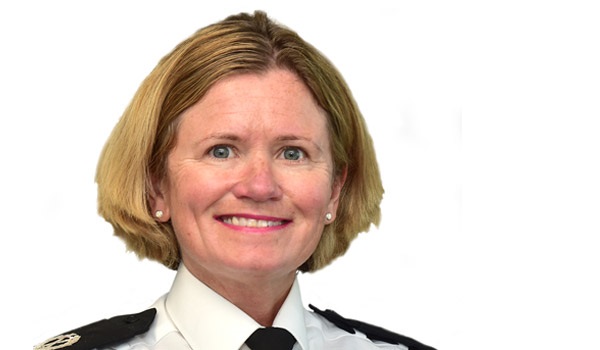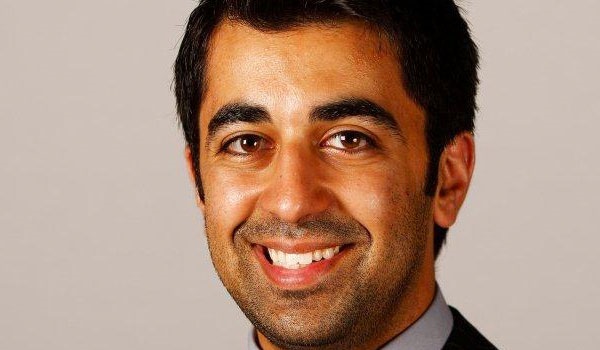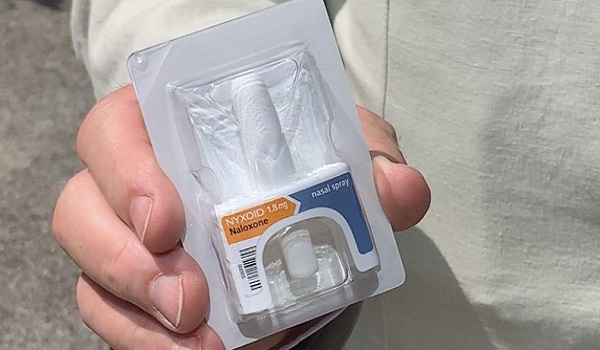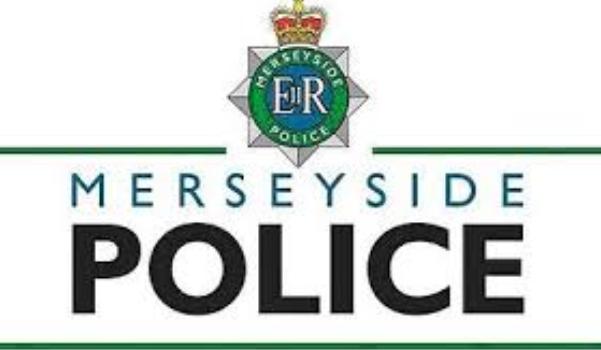New framework sets out national VAWG police response
Men who pose the highest risk of violence towards women are to be proactively targeted by police and “actively managed” to prevent or reduce offending under new guidelines that aim to address concerns raised after the murder of Sarah Everard.
A new framework announced today (December 15) has set out the action required from every police force designed to make all women and girls safer. The framework will include a stronger focus on multi-agency responses and the increased use of tagging to monitor high-risk men on release from prison.
The framework has been developed under the leadership of the new National Police Coordinator for violence against women and girls (VAWG), Deputy Chief Constable Maggie Blyth and informed by experts in policing, government and the VAWG sector.
Ms Blyth said: “Great improvements have been made in the policing response to VAWG over the last decade and everyday dedicated and professional police officers and staff take action that makes women and girls safer and bring perpetrators to justice.
“But this year has been a watershed moment for society and policing in how much more needs to be done to radically reduce violence against women and girls. Our legitimacy has been deeply damaged by Sarah Everard’s murder by a serving police officer, the abhorrent and inappropriate behaviour of officers photographing and sharing images of Bibaa Henry and Nicole Smallman’s dead bodies, and other examples of police officers abusing their position for sexual gain. In policing, we are determined to seize this moment to make fundamental and long-lasting change.
“This framework will deliver a fundamental shift in priority of violence against women and girls and give victims a consistently high standard of service wherever they are, whatever the crime and wherever it is committed.
“Violent men who harm women and girls should be in no doubt that we are coming after them. We are going to increase the use of our unique police powers to relentlessly pursue perpetrators, manage offenders and disrupt their activities – whether in public spaces, online or behind closed doors. We want to help turn the tables so violent men feel under threat, not women and girls going about their lives.
“We are not calling for extra powers or legislation, or announcing new initiatives or pilots. Instead we are focusing on actions that will get the fundamentals right, that can be quickly implemented and that will have the greatest impact in the next year.
“All forces are already doing some of the activities in this framework well, but we need to do all of them well. That’s what this framework intends to achieve.”
The framework focuses on action police can take now to make significant improvements within the next year, with focus on the wider criminal justice community and partnership approaches needed to deliver sustainable change to radically reduce the prevalence of VAWG to begin in 2022.
Under the framework, all police forces must work to challenge sexism and misogyny in policing and to build women and girls’ trust and confidence in police culture, standards and approach VAWG.
Forces will be obliged to communicate clearly and frequently that misogynistic, sexist and sexualised behaviour will not be tolerated by anyone in policing and strengthen a ‘call it out’ culture where men act as upstanders, not bystanders.
They will respond unequivocally to allegations of police-perpetrated abuse, learning from mistakes and best practice with an urgent review of all current allegations of sexual misconduct, domestic abuse and other VAWG-related offences against officers and staff, ensuring that they are being investigated fully and quickly.
Every police force will be required to expand and enhance their processes for listening to women and girls -– whether they’re reporting a crime or a place where they’ve felt unsafe – and actively seek the views of those who have little or no trust in policing. Women’s voices will then shape police action plans and police forces will involve them in scrutinising their performance on VAWG.
Increased use of protective and preventative tools and orders, such as domestic violence protection orders and stalking protection orders, will be more widely deployed against violent men who harm women and girls.
Chief Constable Andy Marsh, College of Policing chief executive officer, said: “What we’re announcing today will bring together all of the expertise and learning we have to protect women and girls using one coherent system. The intention is to achieve consistency so women and girls feel safe wherever they are and get the same high standard of protection regardless of where they live.
“Part of the work we released includes a toolkit for officers to protect women and girls from misogyny. It brings powers, tools and offences together to help officers relentlessly pursue violent men who target women and girls.
“Police officers have higher standards of behaviour expected of them compared to ordinary members of the public and it is expected that poor behaviour internally with be called out without fear or favour.
“We are committed to protecting women and girls and today’s announcement will build on the work we have already done to achieve that.”
Police forces have been told to take immediate action and develop local action plans by March 2022, setting out their activity against this framework.
By March 31, 2022, the National Police Chiefs’ Council and College of Policing will publish an outcomes and performance framework developed in consultation with the VAWG sector, this will set out expected outcomes and performance measures for the framework.
Minister for Safeguarding Rachel Maclean said: “We established the position of National Police Coordinator in our Tackling Violence Against Women and Girls Strategy to galvanise the policing response to these heinous crimes and I’m pleased Maggie’s appointment has made an immediate impact.
“This framework establishes the foundations for police forces to improve the policing of these crimes and ensure victims receive the highest standards of service.”
The Victims’ Commissioner for England and Wales, Dame Vera Baird QC, said: “If we are to effectively tackle violence against women and girls then we need to see a fundamental shift in culture within policing. The police need to relentlessly target and pursue offenders, but they also need to consistently challenge their own officers’ sexist and misogynistic behaviours where they occur. The police approach to tackling VAWG won’t change unless it challenges and changes itself.
“This strategy is a step forward and it’s a step I welcome. It sets out a number of actions that, if taken on board by all forces, could drive much-needed change within policing culture. In particular, I’m pleased to see the police explicitly recognise the need to proactively engage with black and minoritised communities. How constructively individual forces engage with the delivery framework and the level of commitment shown by each police chief will be fundamental. I urge the police to closely consult with the third sector on any monitoring mechanisms: accountability will be key to any success.”
Donna Jones, police and crime commissioner for Hampshire and the Isle of Wight and joint victims national lead for the Association of Police and Crime Commissioners, said: “I welcome the introduction of the new framework because it is taking a phased approach and it is not trying to bite off more than it can chew. It has three clear areas of focus in this first phase.
“The relentless pursuit of offenders is key; the quicker that violent individuals are brought to justice the less chance there is of them reoffending while under investigation or on police or court bail. If we have an expedited criminal justice process this will also help to build the trust and confidence in victims.
“I believe some of the current challenges in terms of tackling VAWG, and making victims feel safer and bringing perpetrators to justice quickly, lay outside of the police, which is recognised for phase two of the framework. I am looking forward to working with Deputy Chief Constable Maggie Blyth, her team and the College of Policing in my position as lead for victims to make sure we are drilling down and working closely with the Crown Prosecution Service and HM Courts and Tribunals Service to ensure there is a holistic approach to tackling violence against women and girls.”







